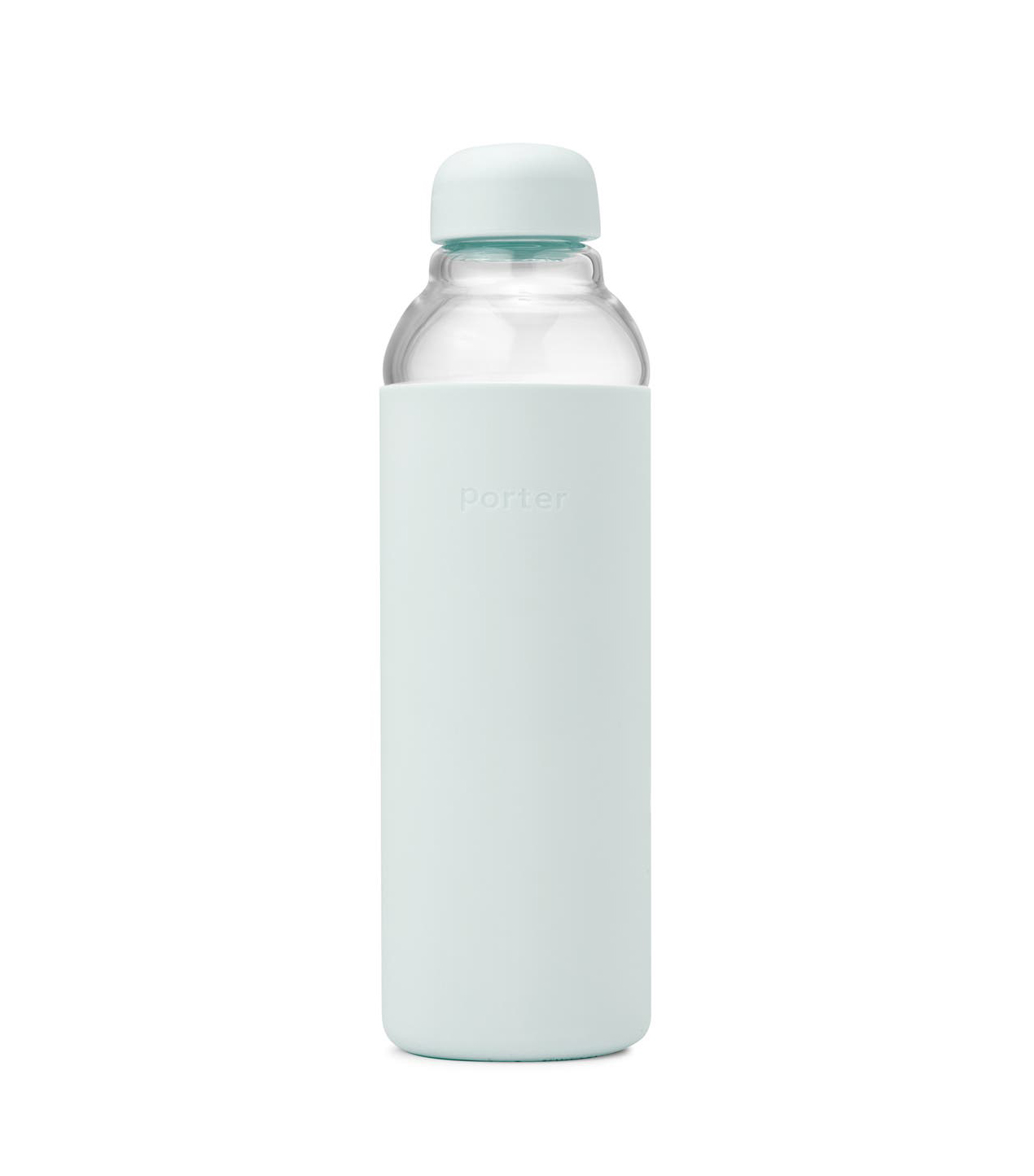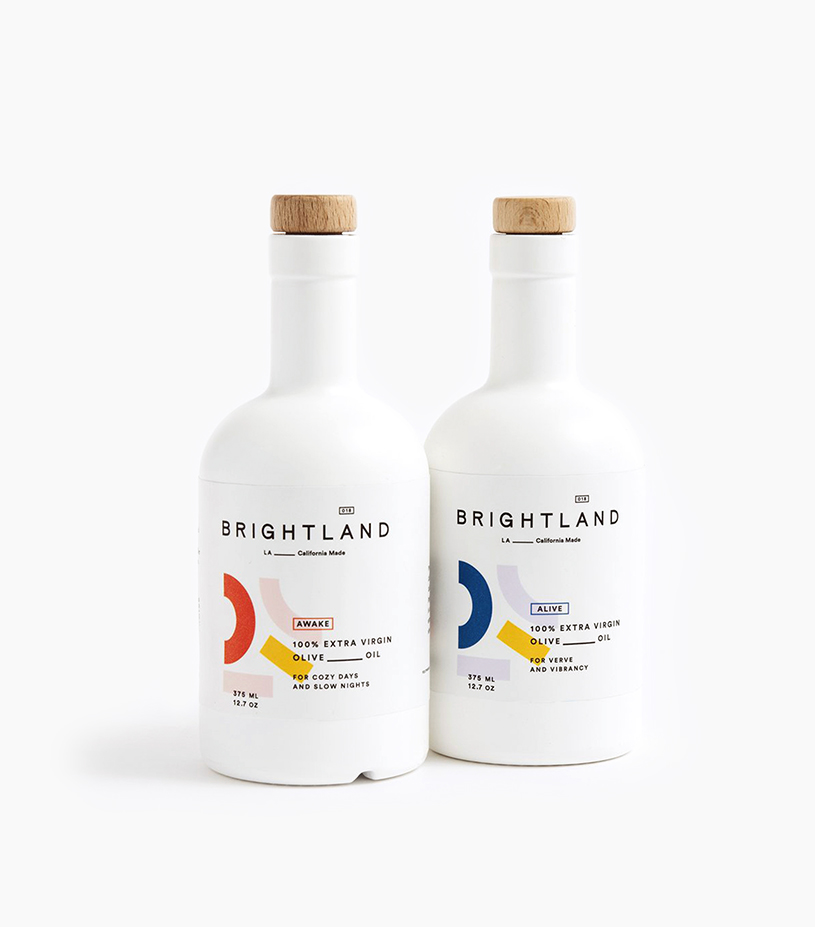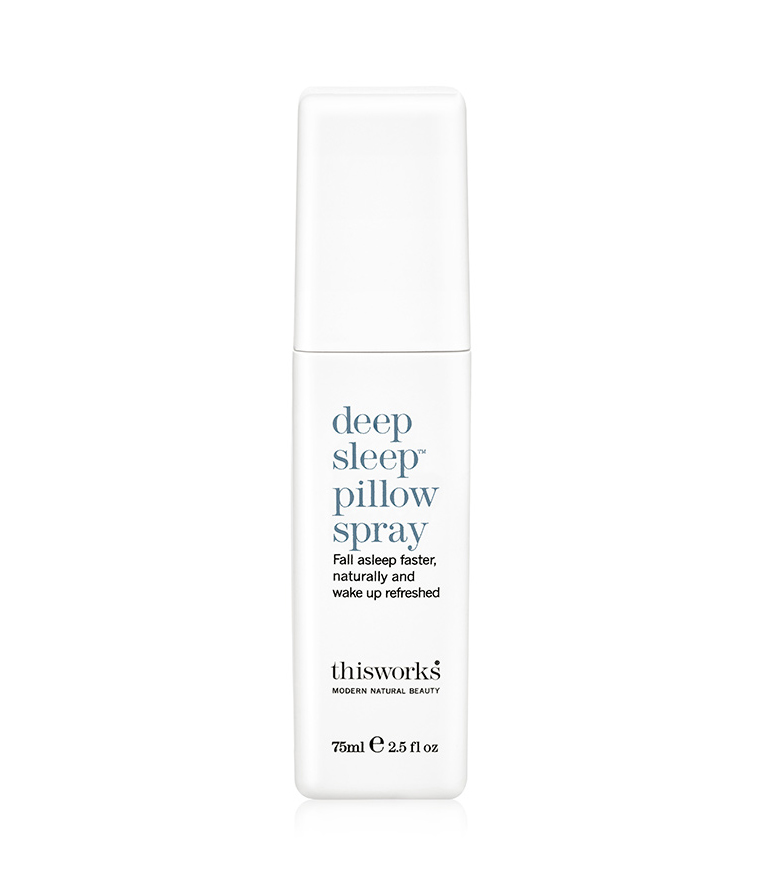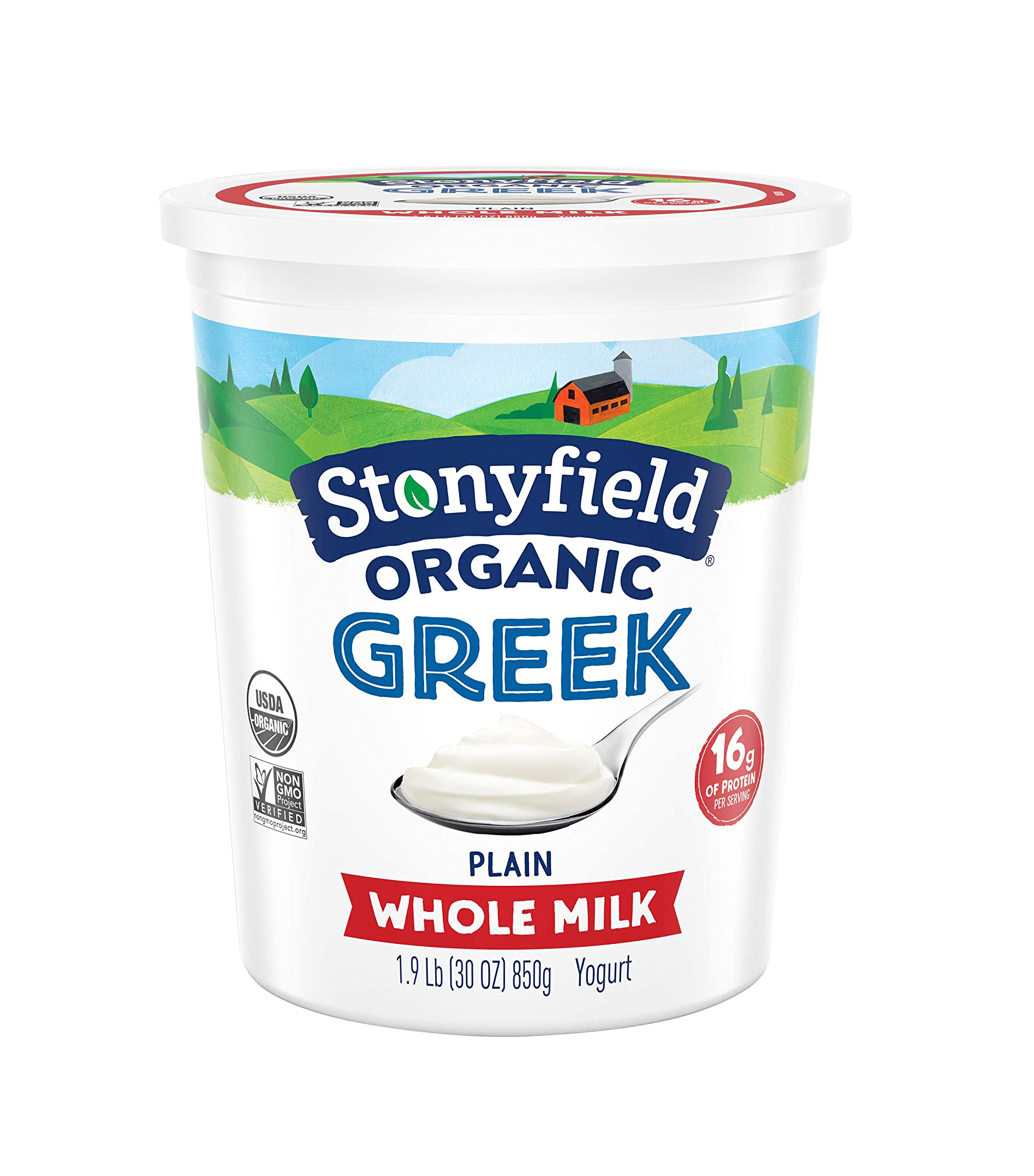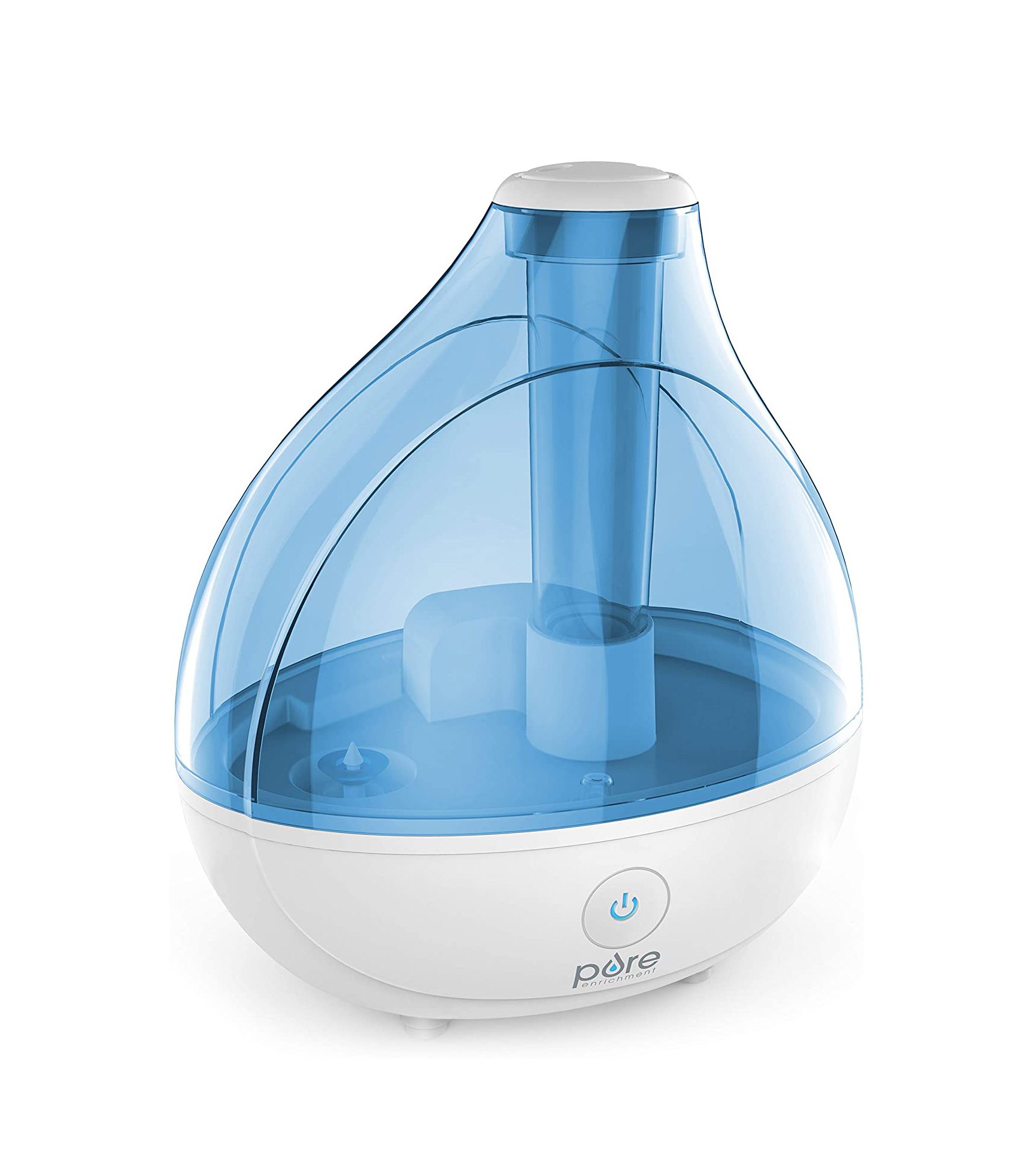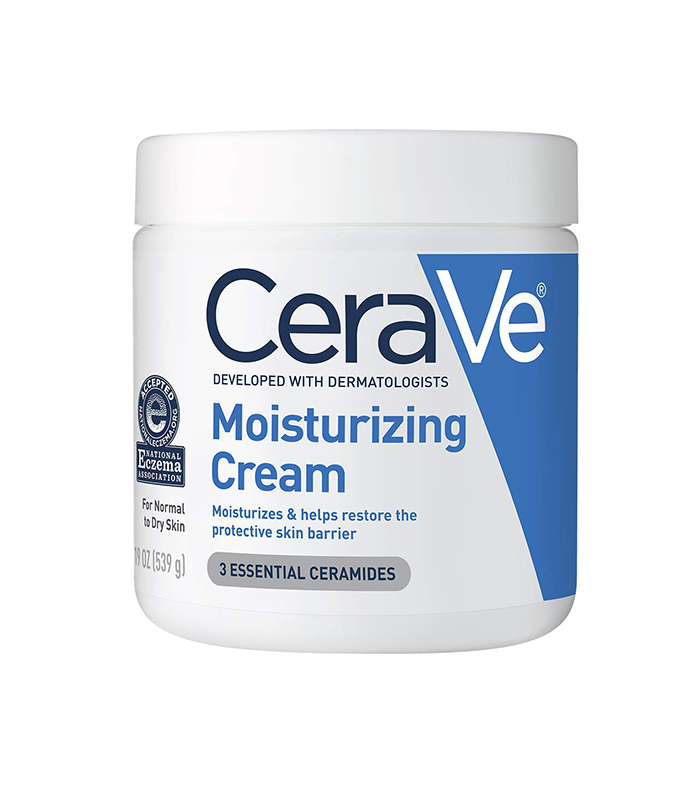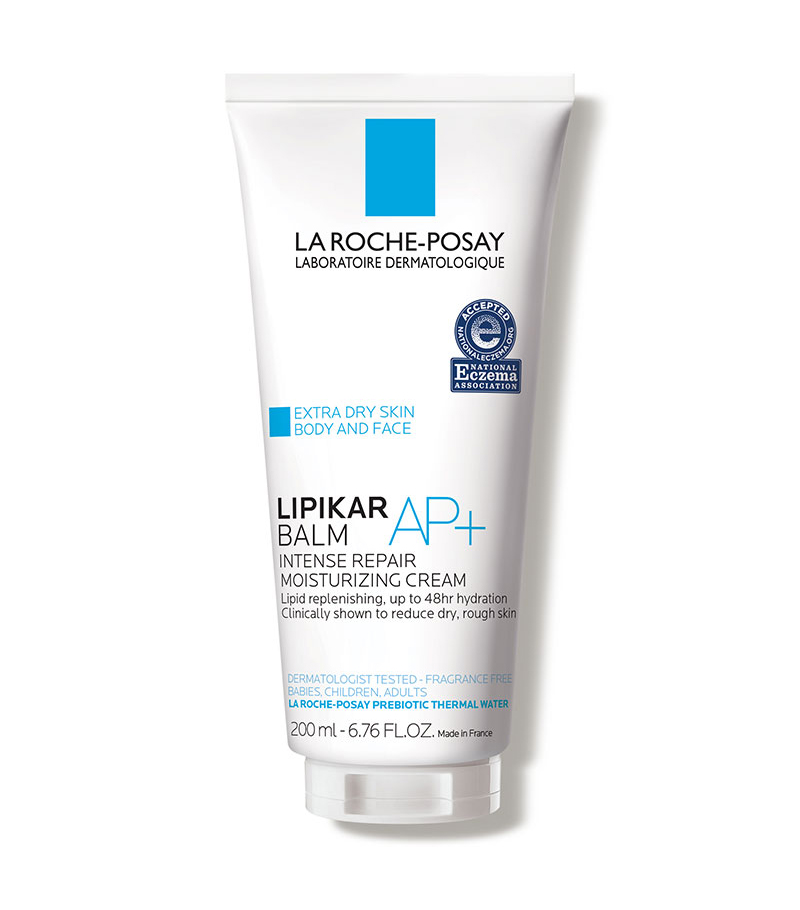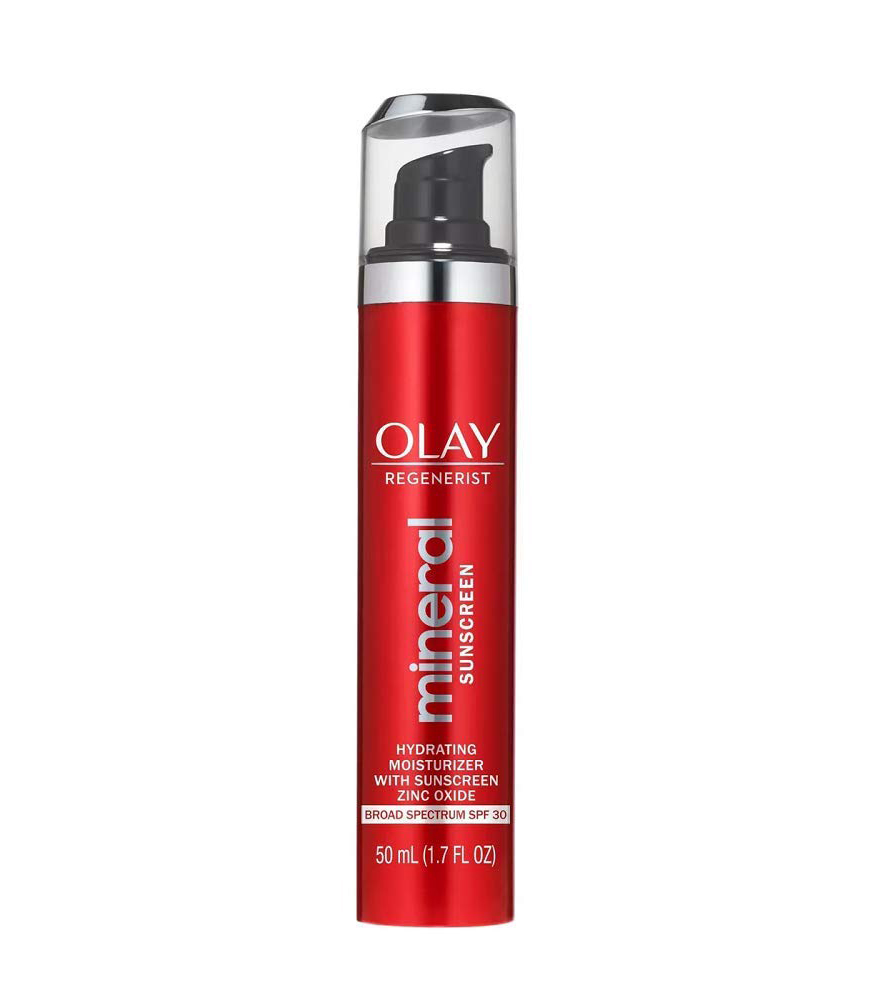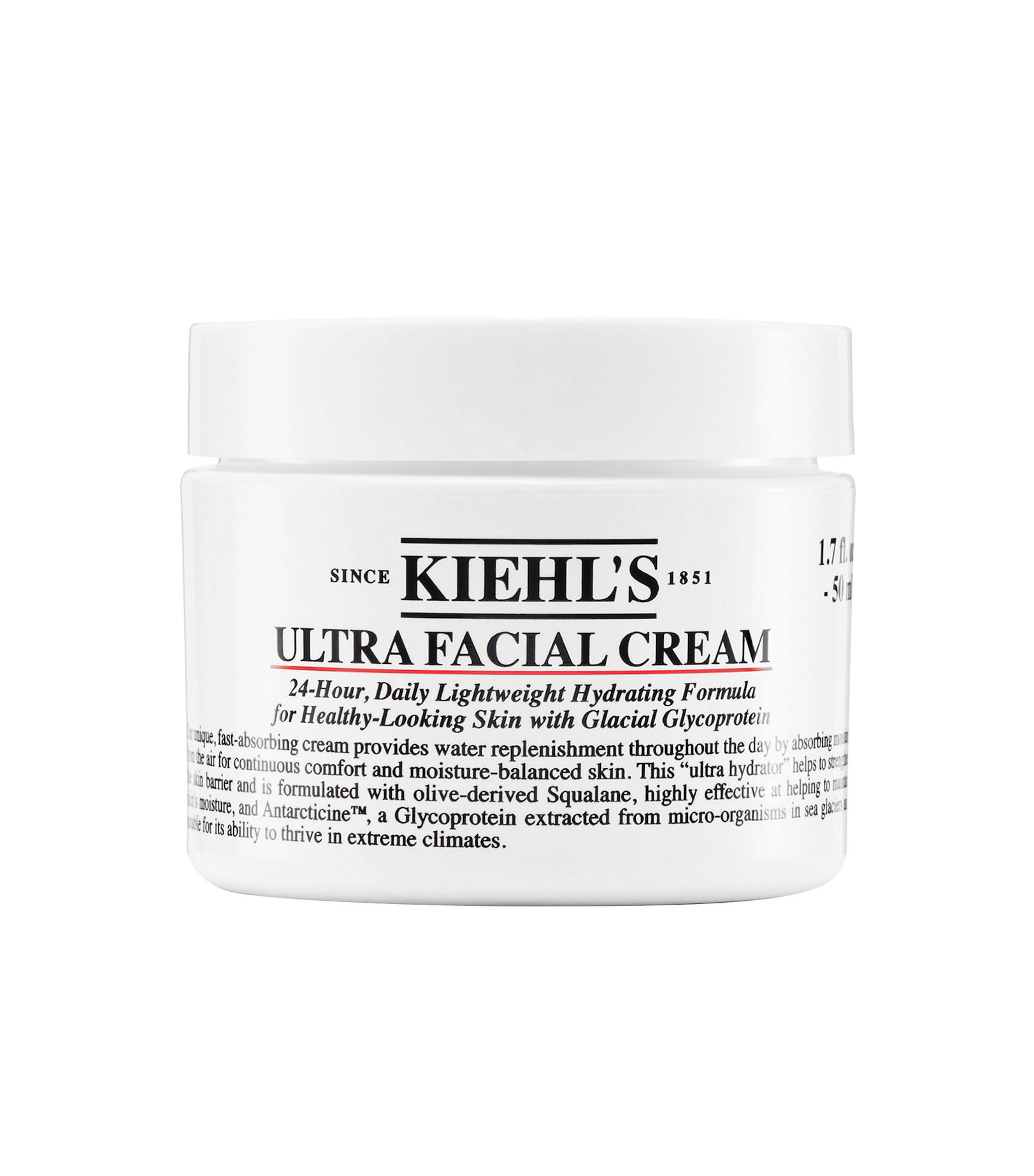9 Ways to Hydrate Your Skin That Don't Involve Lotion
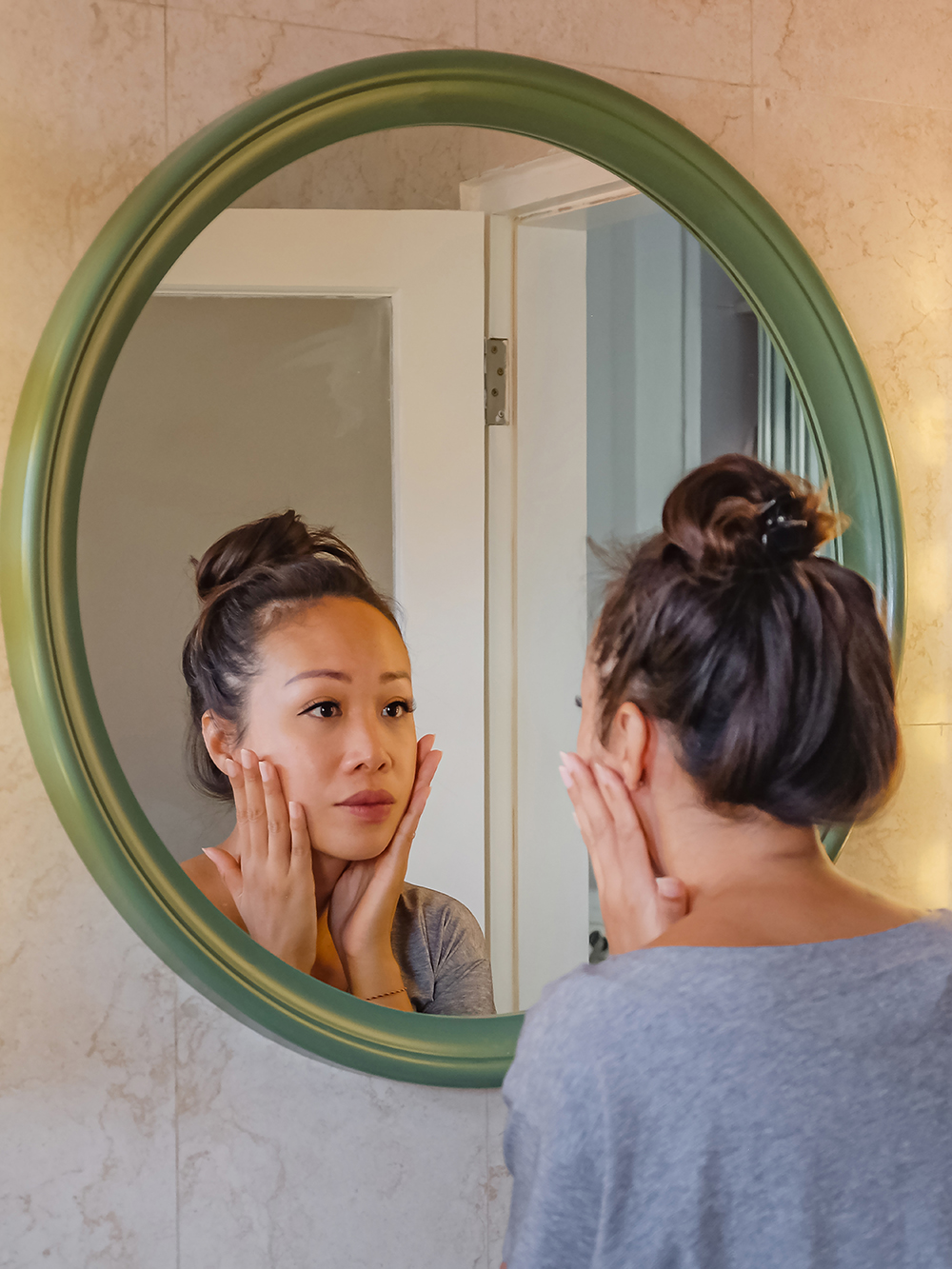
Chances are you've had dry skin a few times in your life. Some people, myself included, deal with dry skin more often than not. I have my everyday skincare routine down pat, and then when the dryness creeps in, I have my triage tricks. I turn to my arsenal of dry-skin products—moisturizers, serums, creams, lotions, face masks… The list goes on and on. I constantly slather my skin with them every second of the day until my dry skin gets better. I also avoid putting on any makeup and using any harsh cleansers or toners during this time. It's a lot of work—not to mention it's annoying—but it gets the job done.
There are also ways to hydrate your skin without a never-ending list of beauty products. I know—when I first heard that I couldn't believe it. But certain lifestyle habits and foods can keep your skin plump and quenched, and of course, there are some things that you'll want to avoid to ward off dryness.
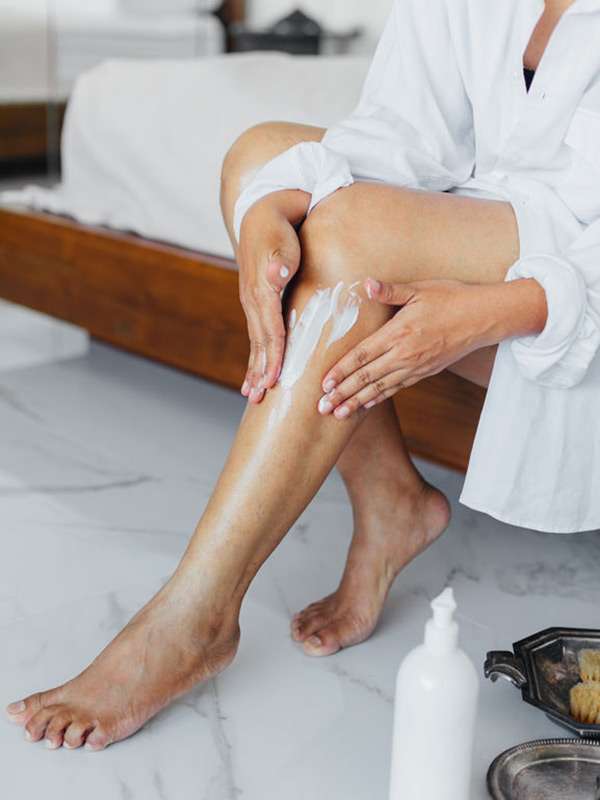
Since my skin can be classified as normal to dry, and I do have eczema, I wanted to find out if there were ways to keep my skin moisturized that didn’t involve emptying my whole bathroom vanity. I know I still have to use products, but I definitely needed to find out if there were certain changes I could make in my lifestyle or diet that could help things a bit. So I asked a dietitian and a dermatologist what to do to naturally hydrate my skin. Take a look at what they had to say below.
How to Naturally Hydrate Skin
1. Drink More Water
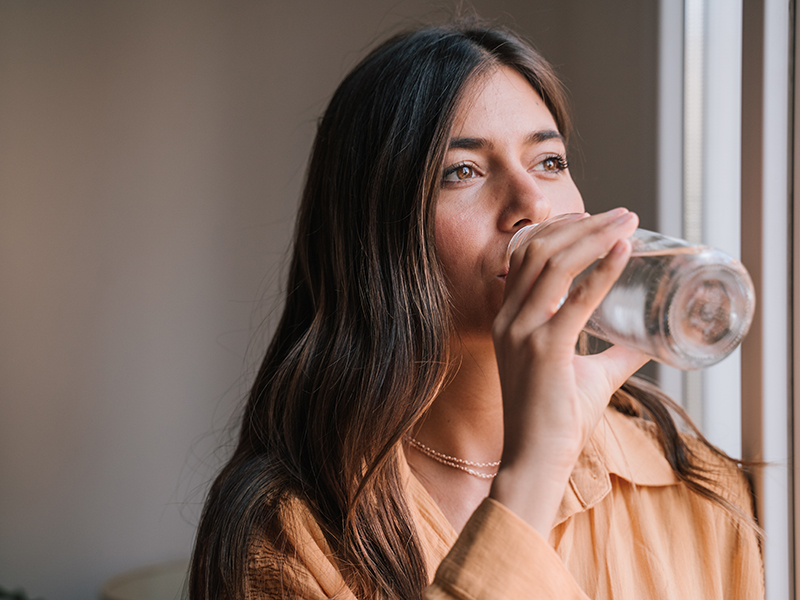
"Stay hydrated. If you want to keep your skin hydrated, you need to hydrate yourself," says women's health dietitian and founder of Flourish Heights Valerie Agyeman, RD, LD. "Lack of water can disrupt your skin's protective moisture barrier, causing dry skin or other skin problems. Not sure if you are getting enough to drink? Check your urine for a pale-yellow color, which shows you are pretty hydrated."
2. Eat Healthy Fats
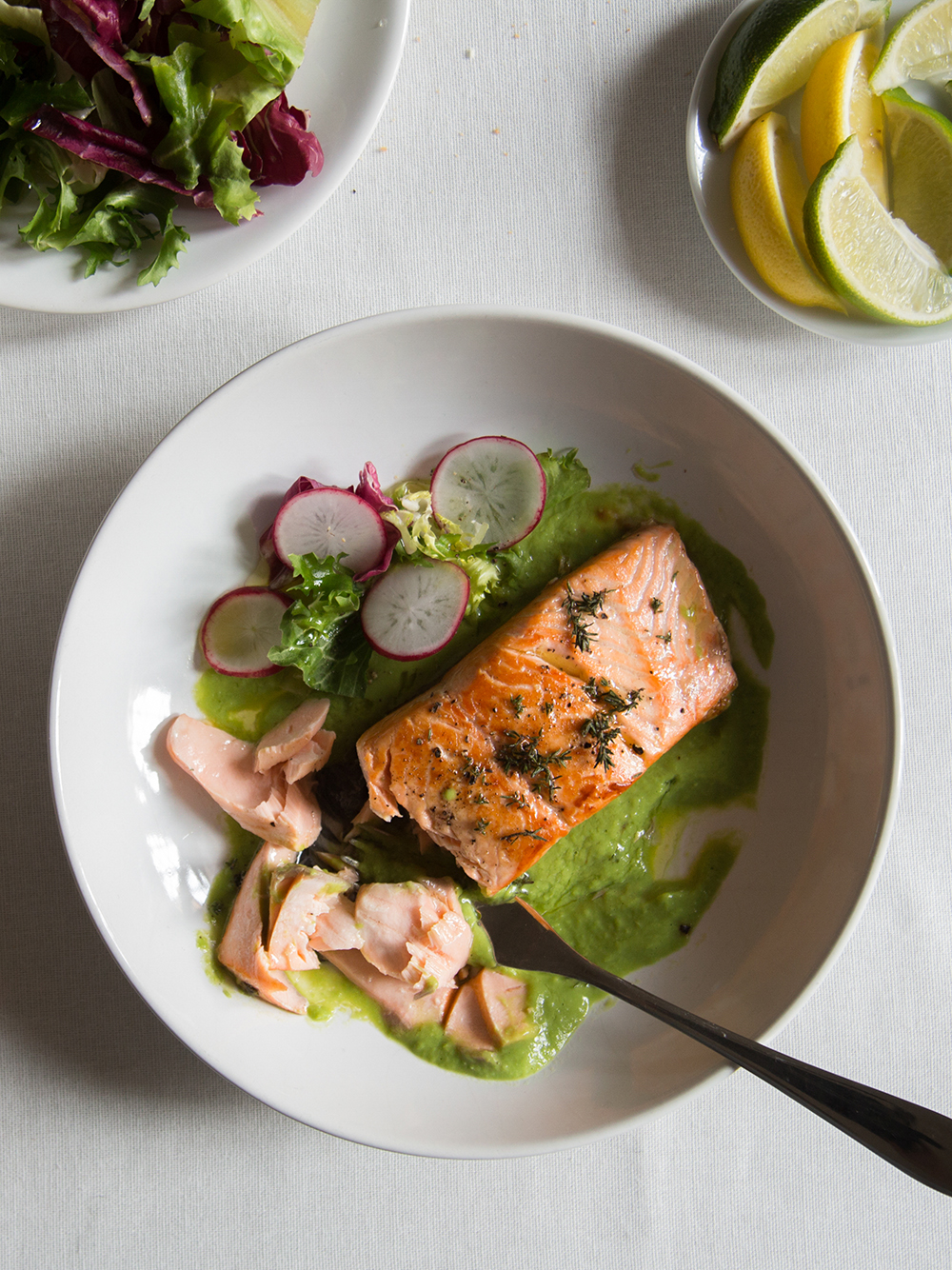
"Essential fatty acids are highly involved in maintaining skin function and appearance," explains Agyeman. "Foods such as fatty fish, nuts, seeds, and olive oil are known to decrease inflammation and support your skin barrier. Try a sheet-pan pesto salmon with roasted veggies!"
3. Get Adequate Sleep

Agyeman says sleep is so important for our bodies to repair themselves, including the skin. "It can be difficult sometimes, but getting at least seven hours in every night may keep your skin feeling rejuvenated and repair its moisture barrier," she says.
4. Reduce Your Caffeine and Alcohol Intake
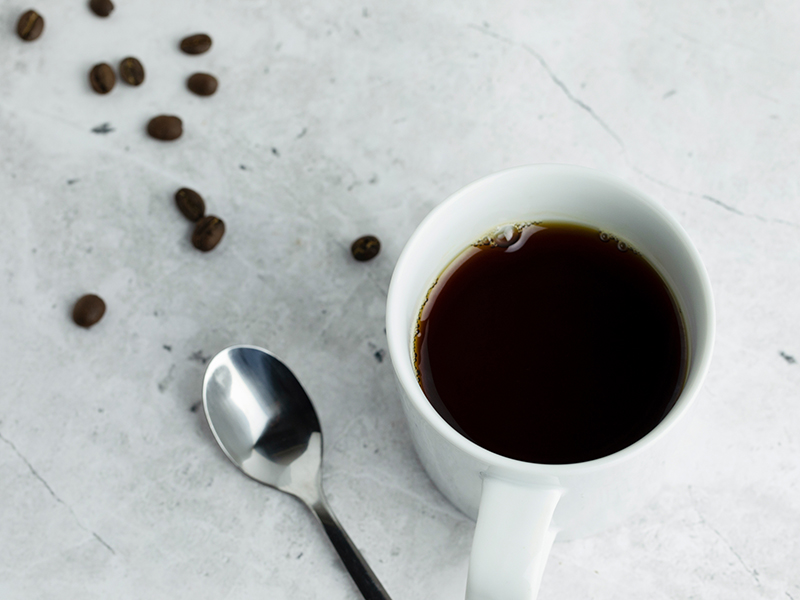
Board-certified dermatologist Ife Rodney, MD, FAAD, of Eternal Dermatology says both caffeine and alcohol can dry out your skin, especially if you're not drinking enough water.
5. Add Protein
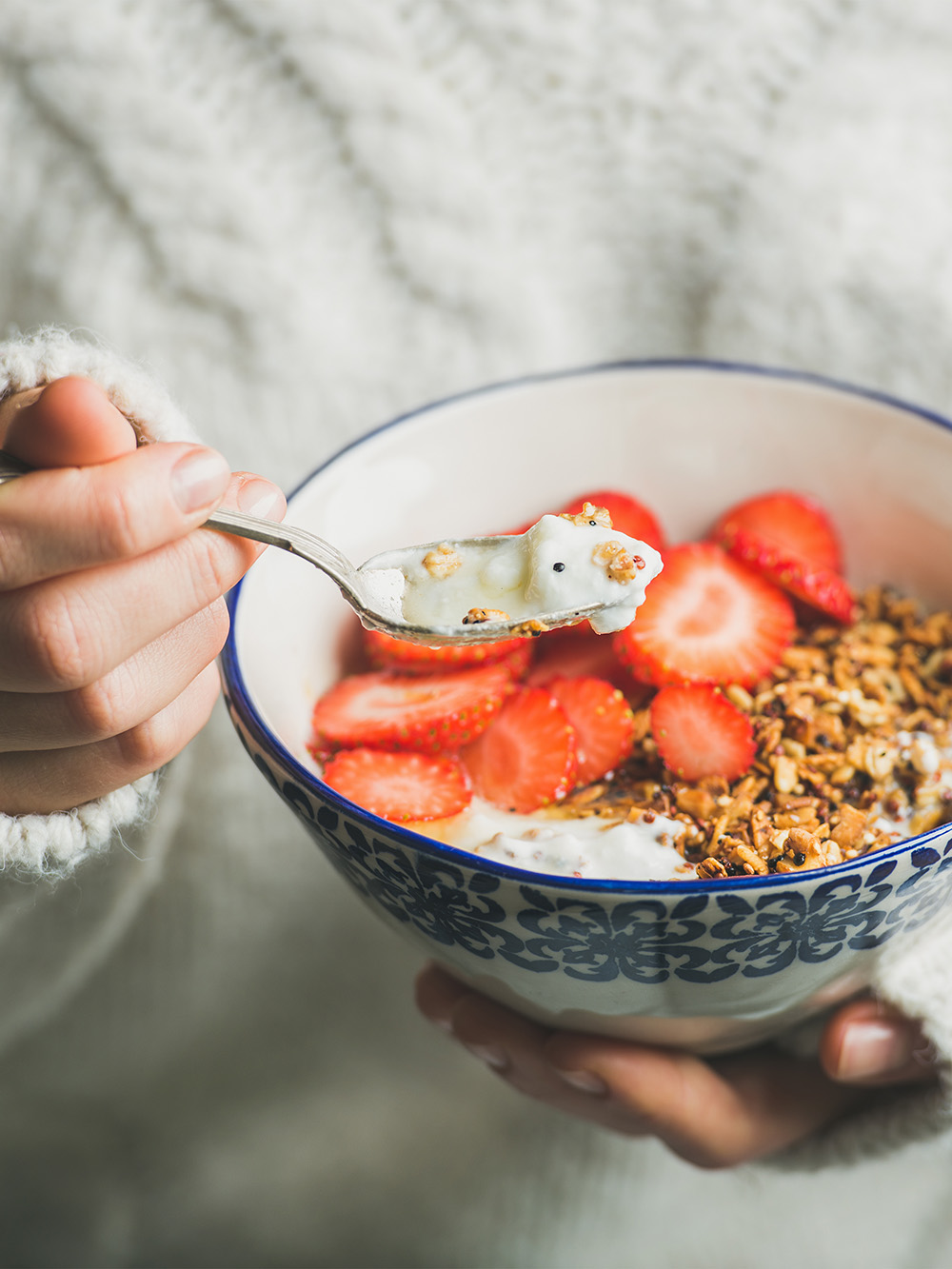
Agyeman recommends packing your meals with protein. "Protein is needed to rebuild and regenerate new skin cells," she says. "Try adding a protein source with every meal and snack. My go-to has been greek yogurt topped with berries and flaxseed. Yum!"
6. Don't Forget Your Vitamins
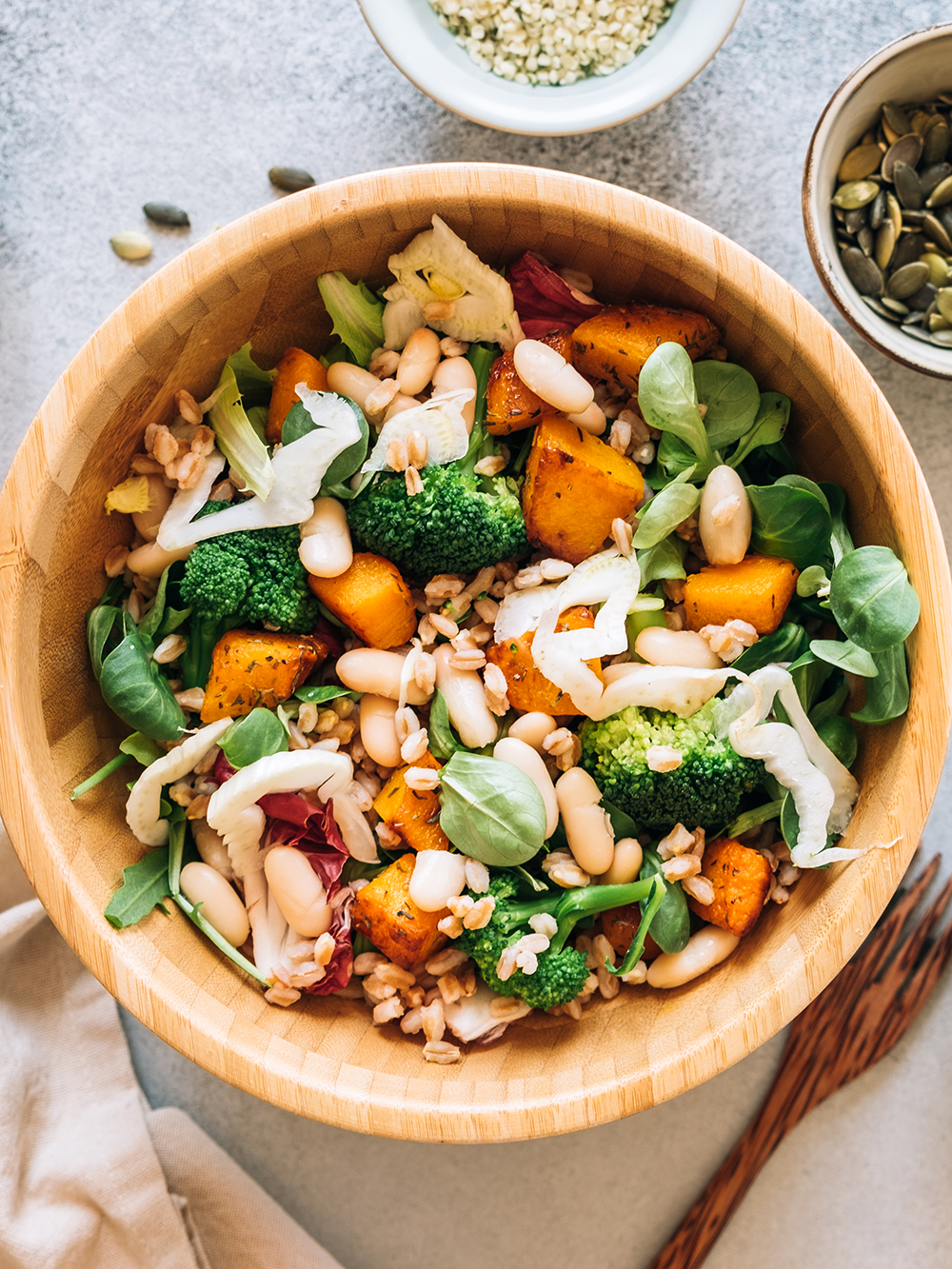
You can get a lot of essential vitamins from your diet. "Certain vitamins are crucial in keeping your skin looking and feeling hydrated," explains Agyeman. "Zinc and vitamin C are both involved in producing collagen, a protein responsible for skin structure and repair. Beans are a great source of zinc, and you can find vitamin C in many fruits and vegetables. In addition, vitamin C acts as an antioxidant to protect your skin against cellular damage. Other antioxidants include vitamins A and E, which can be found in carrots, cantaloupe, nuts, and seeds."
7. Adjust Your Shower Routine
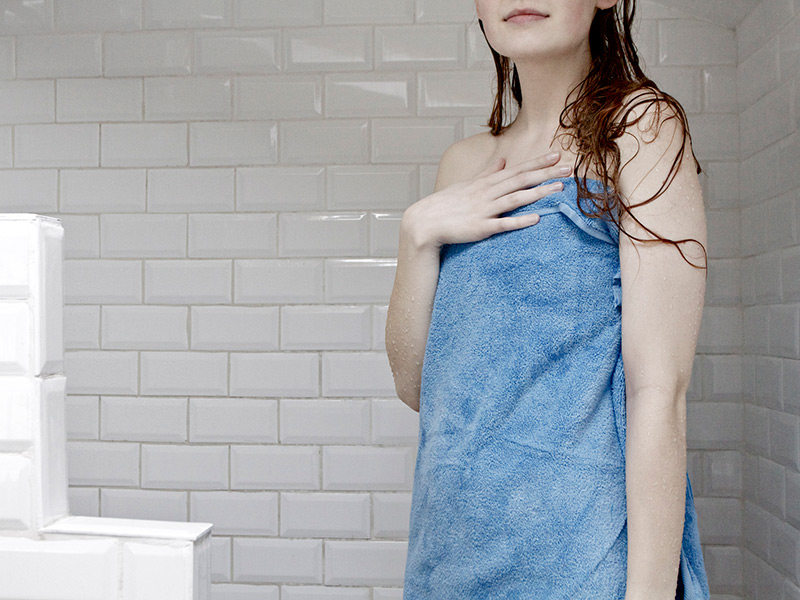
And your face-washing routine, too. "Washing your face too often or taking long, hot showers strips away your skin's natural moisture," Rodney says.
8. Use a Humidifier
"Yes, the air inside can also impact your skin, so a humidifier works well if you have a history of dry skin. As with hot showers, cold, dry air strips your skin of its moisture," Rodney explains.
9. Reduce Stress
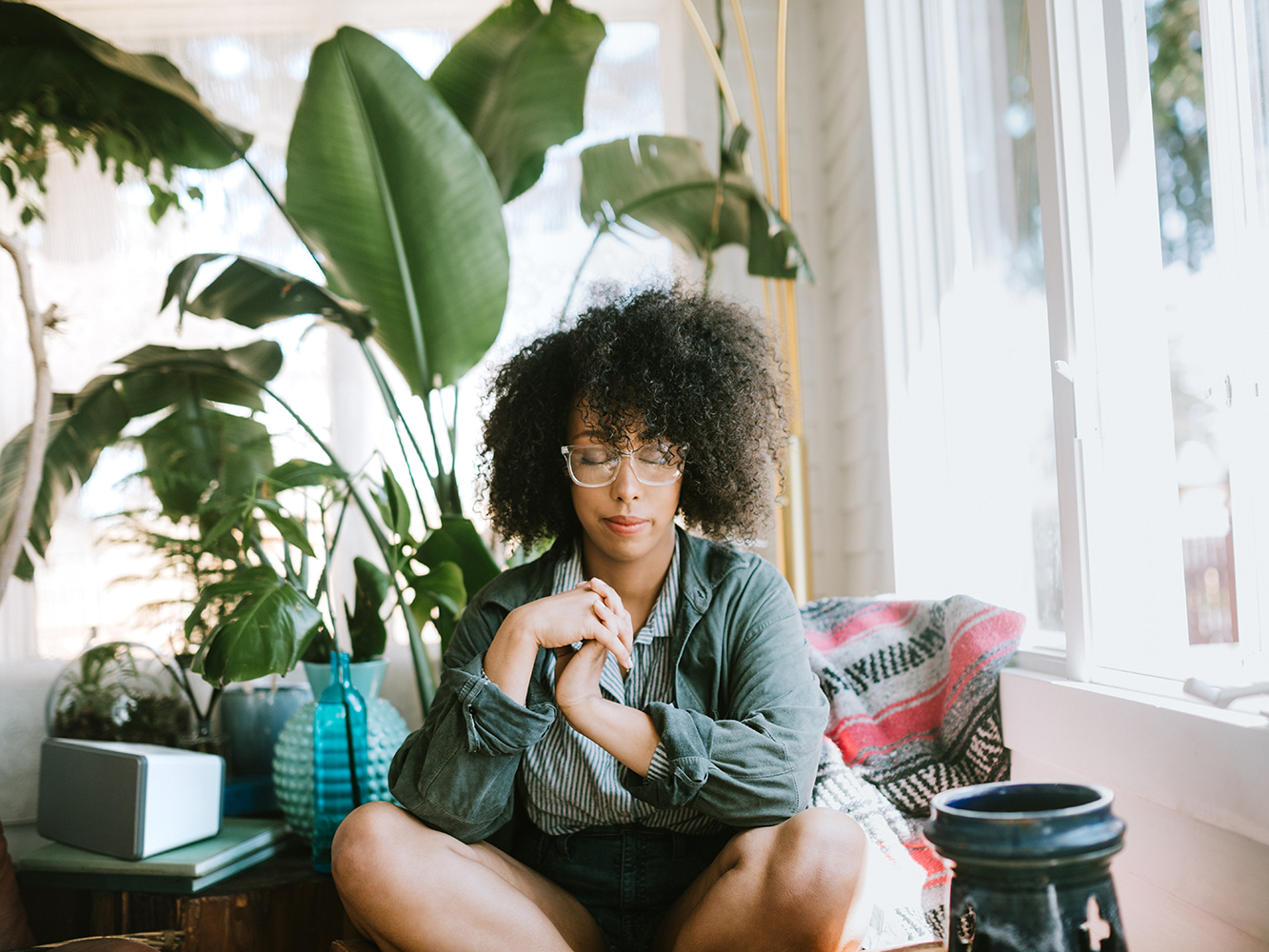
"We all experience stress, but finding mindful ways to manage it is crucial for optimizing skin health," Agyeman says. "Stress can impair barrier function and disturb the repair process. On those stressful days, try breathing and relaxation to release all the worries."
Other Things You Can Do to Avoid Dry Skin
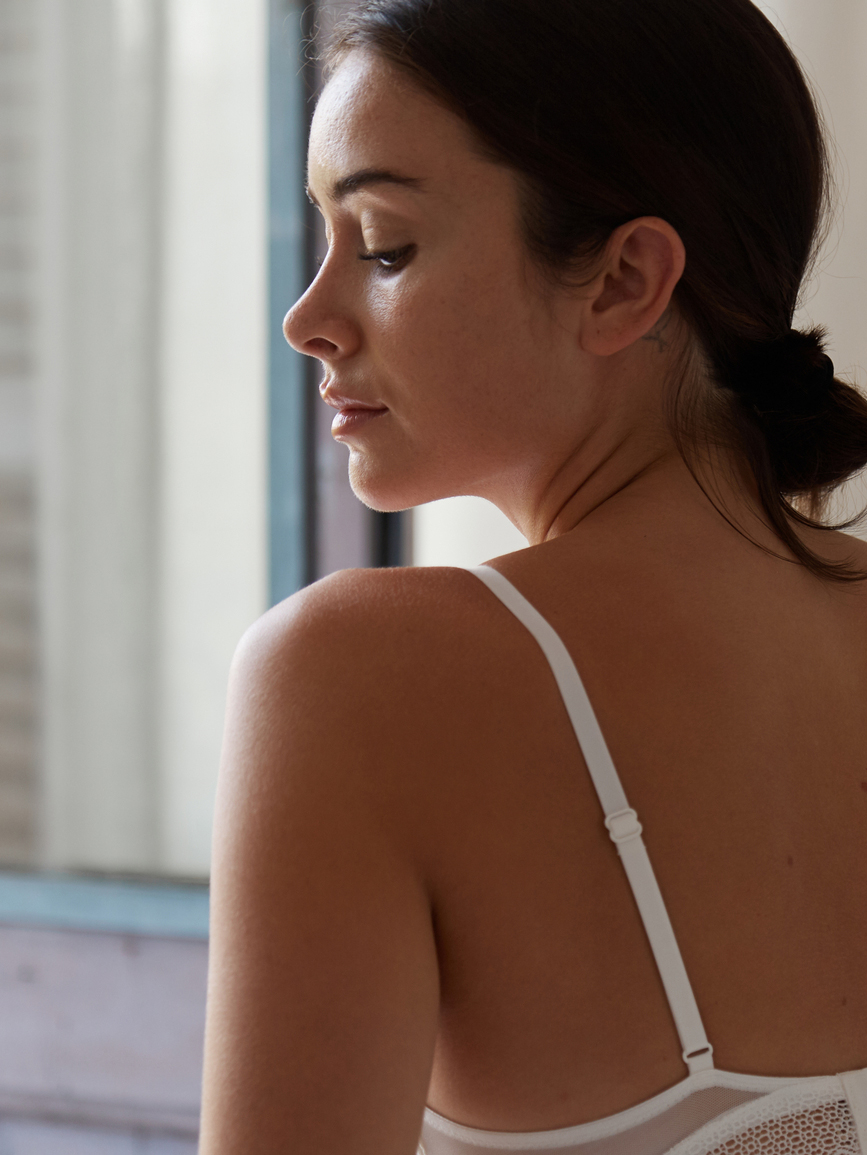
In addition to the above, the experts shared these easy tips to prevent and treat dry skin.
1. Avoid soaps and shampoos with harsh chemicals: They can dry out the skin.
2. Use moisturizer straight out of the shower: "As soon as you finish showering, like within three minutes, pat dry your skin—do not dry it completely—and apply large amounts of a gentle moisturizer with hydrating ingredients like glycerin and hyaluronic acid. At this time, your skin is best primed to lock in that moisture," Rodney says.
3. Moisturize throughout the day: "We often moisturize once in the day before heading out the door," Rodney says. "But our skin loses hydration and is exposed to dust and dirt. Don't forget to reapply moisturizer during the day."
4. Apply acne medications with caution: Rodney says certain medications, like retinol, can cause dryness. She recommends using only a pea-size amount of these products on your face and using them only once a day.
5. Be careful if you have any skin conditions: "Pre-existing conditions like eczema, psoriasis, or rosacea may cause dry skin," Rodney says. "If you have any of these conditions, you'll need to be extra careful and consistent with your moisturizing skincare routine."
6. Look for these ingredients in skincare products: Rodney says the key to hydration is using products that contain humectants, which draw and seal water into the skin. Some examples of humectants include hyaluronic acid, glycerin, and urea. You should also look for ceramides and occlusive agents. "Ceramides also combine with the ceramides in our skin's top layers to provide extra hydration. They help create a protective layer to lock in moisture and protect the skin from outside irritants," Rodney explains. "Occlusive agents like shea butter, coconut oil, cocoa butter, and petrolatum also lock moisture into the skin. However, some people may be allergic, so use these with caution."
She recommends the products below.
This article is provided for informational purposes only and is not intended to be used in the place of advice of your physician or other medical professionals. You should always consult with your doctor or healthcare provider first with any health-related questions.
Sarah is lifestyle writer and editor with over 10 years of experience covering health and wellness, interior design, food, beauty, and tech. Born and raised in Los Angeles, she attended New York University and lived in New York for 12 years before returning to L.A. in 2019. In addition to her work atBest Knockoff Luxury Clothing , she held editor roles at Apartment Therapy, Real Simple, House Beautiful, Elle Decor, and The Bump (sister site of The Knot). She has a passion for health and wellness, but she especially loves writing about mental health. Her self-care routine consists of five things: a good workout, “me” time on the regular, an intriguing book/podcast/playlist to unwind after a long day, naps, and decorating her home.
